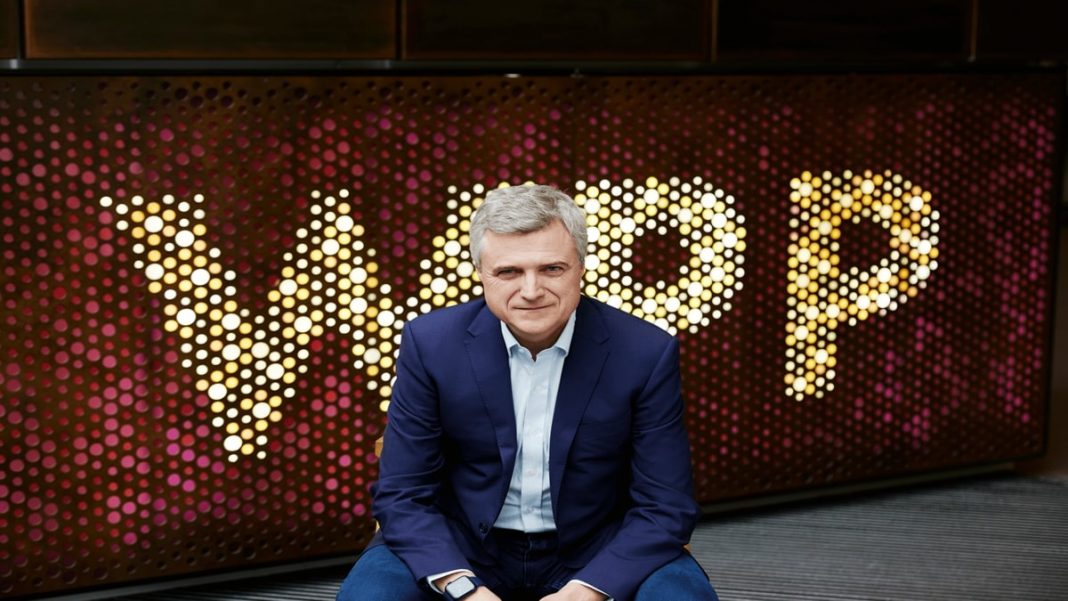INTERNATIONAL: Artificial intelligence (AI) has sparked debate over its impact on jobs, and while experts say AI can’t replace humans in the workforce, WPP’s outgoing CEO Mark Read said it is “totally disrupting” the advertising industry and “unnerving” investors, CNBC Make It reported.
Tools like OpenAI’s DALL-E, Google’s Veo, and Midjourney can now create images and video content in seconds. “AI is going to make all the world’s expertise available to everybody at extremely low cost,” Mr Read said, noting that the best lawyers, psychologists, radiologists, accountants, and advertising creatives may soon be driven by AI.
Mr Read said during London Tech Week that around 50,000 WPP staff are now using WPP Open, the company’s AI-driven marketing platform, adding that this is his “legacy” in many ways.
He said that as AI impacts the creative parts of ad businesses, it has driven industry consolidation. He noted that companies will need to adapt to how AI is changing everything, from creating briefs and media plans to running ad campaigns.
French advertising giant Publicis Groupe’s CEO, Maurice Lévy, echoed this, saying the industry is undergoing a “huge transformation” due to the disruptive effects of AI. He noted that image and video generation has sped up content production, while automated messaging systems now make personalisation much easier.
However, Mr Lévy noted that users should not believe “AI is more than a tool.” While he believes AI will “destroy some jobs,” he said AI will “transform jobs and will create more jobs”—the same impact the internet and smartphones brought before.
Still, analyst Nicole Denman Greene from Gartner warned that people may not trust brands that rely too much on AI, as a Gartner survey last year found that 82% of consumers want companies using generative AI to preserve jobs, even if it means earning less profit.
Ms Greene said advertisers should shift their focus from what AI can do to what it should do. This includes creating groundbreaking insights, reaching diverse and niche audiences, helping brands stand out, and delivering more personalised experiences to consumers.
In Singapore, four in 10 businesses have adopted AI across various areas, including advertising, marketing, customer service, operations and logistics, product management, and workforce management. /TISG
Read also: Nvidia CEO says that if he were a student today, he would learn AI to have a successful career
Featured image by Depositphotos (for illustration purposes only)

